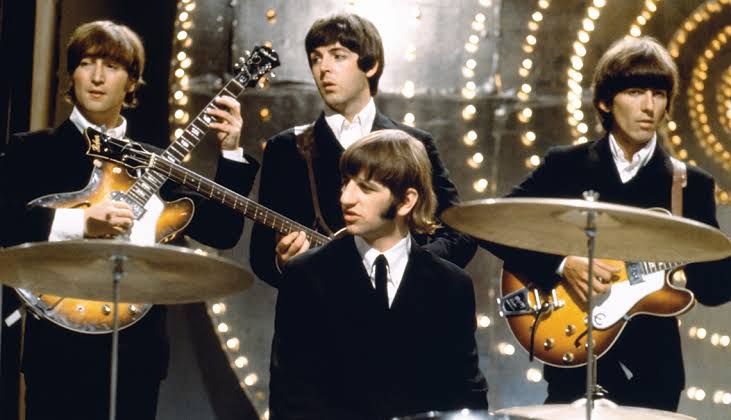Jake E. Lee: Ozzy’s Unsung Hero — A Tribute as the Prince of Darkness Bids Farewell
As the curtain falls on the legendary career of Ozzy Osbourne, fans across the world are grappling with a wave of emotion—gratitude, nostalgia, and, undeniably, a deep sense of loss. For decades, Ozzy wasn’t just a rock star; he was a voice for the misfits, the rebels, and those who found identity in the chaos of metal. His farewell show in Birmingham marked the end of an era that helped shape the very soul of hard rock.
But as tributes pour in, many fans are also reflecting on the unsung heroes who stood beside him along the way—none more deserving of recognition than guitarist Jake E. Lee.
In the eyes of countless fans, Jake was one of Ozzy’s finest collaborators, second only to the immortal Randy Rhoads. While Randy’s tragic death solidified his place in metal mythology, Jake’s own legacy, though equally vital, has often been overshadowed in the pages of history. And that’s a shame.
The Forgotten Axe Slayer
Jake E. Lee joined Ozzy’s band in the early 1980s during one of the most pivotal moments of the singer’s career. With Rhoads gone and the future of the band uncertain, Jake stepped in not just as a replacement—but as a force of nature. His style was different from his predecessors: fluid yet aggressive, blending melodic structure with virtuosic flair. His technique was razor-sharp, but it was the feel behind every note that truly set him apart.
He didn’t just play guitar. He told stories with it.
Jake’s work on Bark at the Moon (1983) and The Ultimate Sin (1986) is nothing short of essential listening for any metalhead. Songs like “Rock ’n’ Roll Rebel,” “Centre of Eternity,” and “Shot in the Dark” boast unforgettable riffs, commanding solos, and an unmistakable energy that only Jake could have brought to the table.
And then, of course, there’s “Bark at the Moon”—a masterclass in power, melody, and precision. That opening riff? Pure metal brilliance. That solo? One of the genre’s greatest.
Recognition Long Overdue
Despite the musical impact he made during his time with Ozzy, Jake’s contributions have never received the mainstream recognition they deserve. He was never the face of flashy headlines or controversial interviews. Instead, he let his guitar do the talking—and oh, did it speak volumes.
In recent years, fans and musicians alike have called for his proper acknowledgment. Guitarists from generations past and present cite him as an influence. Zakk Wylde, Ozzy’s longtime guitarist who succeeded Jake, has often paid respect to Lee’s playing and legacy. And among die-hard Ozzy fans, there’s a growing chorus: Jake E. Lee deserves his flowers.
As one fan put it on social media:
“In my opinion—and that of many others—Jake E. Lee was one of Ozzy’s best guitarists, second only to Randy Rhoads. He deserves much more recognition than he has received.”
End of an Era, But Not the End of Memory
With Ozzy’s career officially coming to a close after a powerful final show in Birmingham, the moment feels monumental. There’s a deep emotional weight, a collective sorrow shared by millions who grew up with his voice blaring from their speakers. For many, Ozzy wasn’t just the godfather of metal—he was a piece of their identity.
“It’s truly sad and devastating to see Ozzy’s career coming to an end,” a fan shared. “It feels like a monumental conclusion to a chapter I don’t want to close.”
As the world says goodbye to Ozzy’s time on stage, it also becomes a moment to reflect on those who helped build the legend—artists like Jake E. Lee, whose riffs soundtracked entire eras and whose creativity helped keep the spirit of heavy metal alive when it was needed most.
Long Live Ozzy—And Long Live His Legacy
Ozzy’s final words to the crowd were filled with emotion:
“You have no idea how I feel. Birmingham, you made me who I am.”
The crowd roared back, not just for him, but for the decades of music, memories, and musicians who brought those songs to life. As the final notes of “Paranoid” echoed through the arena and confetti blanketed the air like snow, fans weren’t just celebrating a farewell—they were honoring a legacy.
So here’s to Ozzy. And here’s to Jake E. Lee.
Let us not forget the brilliance of the men behind the riffs, the ones who stood just out of the spotlight, shaping the sound of metal for generations. God bless Ozzy Osbourne—and long live the legacy of Jake E. Lee.



